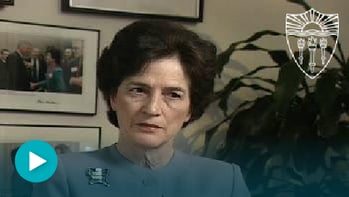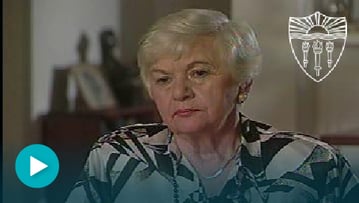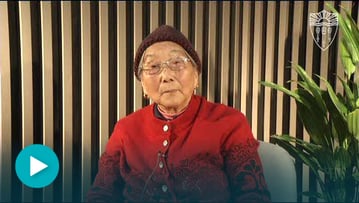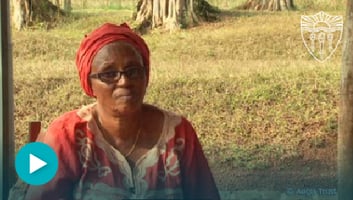On International Women’s Day, bring the unique voices of women who survived or stood up against some of the worst atrocities of the 20th century into your classroom. Facing History is partnering with USC Shoah Foundation – The Institute for Visual History and Education to help educators access more than 1,500 video testimonies of survivors and witnesses to the Holocaust and other genocides using the Institute’s online learning tool, IWitness.
These women’s stories of perseverance, justice, forgiveness, and reconciliation will inspire teachers and students alike to think about their own place in society and how the past connects with the moral choices they face today. Discover four clips of testimony from IWitness to share with your students.
Helen Fagin discusses her efforts and risk to educate fellow ghetto inhabitants in the Radomsko ghetto in Poland.
Nanjing Massacre survivor, Guixiang Chen, reflects on speaking to Japanese students about her experience and the students react to her testimony.
Valerie Nyirarudodo says she has forgiven the perpetrators of the Rwandan genocide who have asked for it, and encourages others to follow the same path.
 Former United States Representative, Elizabeth Holtzman, describes her experience on writing and passing legislation in 1978 to expel the Nazi war criminals who, to her surprise, had immigrated to the United States.
Former United States Representative, Elizabeth Holtzman, describes her experience on writing and passing legislation in 1978 to expel the Nazi war criminals who, to her surprise, had immigrated to the United States.
Integrating testimony-based education with digital literacy skills brings a different and unique perspective to studying history. We often tend study the past from a bird’s eye view. These personal narratives provide students the opportunity to understand the impact that historical events have on individuals, communities and society as a whole.
What are some of your favorite tools or videos for celebrating International Women’s Day? Share them – and the stories of the women that inspire you – with us.
Want more ways to explore video testimony in the classroom? Check out our teaching lessons and additional videos using IWitness.




